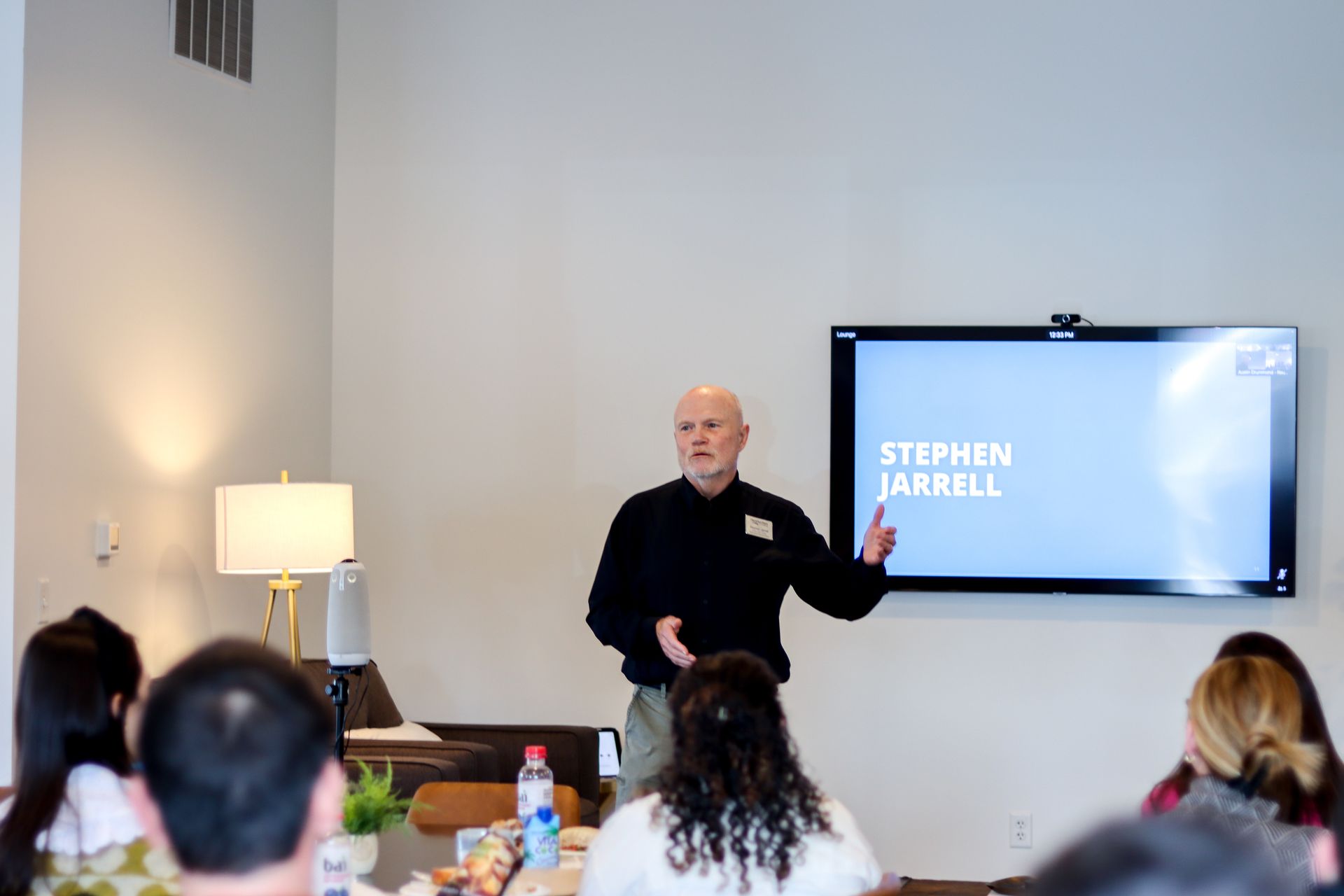Someone you love has bipolar disorder.
And you want to help. Unfortunately, what you should do isn’t always easy or clear. You’re not alone.
According to the
Depression and Bipolar Support Alliance, 5.7 million American adults have bipolar disorder. To put that into perspective, this is roughly 2.6% of the entire U.S adult population.
Asking questions is a great place to start. Here are the answers to a few of the most common.
What Is Bipolar Disorder?
First, it’s important to define what bipolar is and isn’t. It’s more than a series of ups and downs. Everyone experiences this from one degree or another.
Bipolar disorder is a diagnosable mental illness.
People with bipolar experience periods of high highs and low lows. This can range from intense happiness to suicidal thoughts. Individuals move back and forth between these two extremes, but it’s not always one or the other. There’s also time between the two “poles” in which mood is more stable and predictable.
Bipolar disorder is not the same for everyone. There are
multiple types:
Bipolar I Disorder is the most severe. It includes manic episodes that last for at least seven days and depressive episodes that often stretch more than two weeks.- Bipolar II Disorder also involves manic and depressive episodes, but the instances of mania are often less extreme. This is referred to as hypomania.
- Cyclothymic Disorder is similar to the first two, but instances of hypomania and depressive episodes do not meet diagnostic requirements.
How Can I Help?
Even if you feel powerless, know that your love and desire to help are invaluable. Here are seven ways you can make an impact:
Offer a listening ear. You won’t always be able to solve the problem. Sometimes, just listening is exactly what your loved one needs.- Direct your frustrations properly. You need to constantly remind yourself of a simple fact. You are angry at the disorder, not the person.
- Look for the clues. You will pick up on subtle and not-so-subtle indications that changes could be happening. This helps you plan.
- Join a support group. You don’t need to do this alone. Groups can be an excellent resource to learn more and feel supported.
- Push just hard enough. You need to find a balance. A gentle push can be helpful, but constant pressure is often counterproductive.
- Take care of yourself. You can’t be at your best when running on empty. No matter how badly you want to help, don’t lose yourself in the process.
- Get necessary professional help. You don’t have to feel like everything is on your shoulders. An experienced therapist can do what you can’t.
How Can A Professional Help?
Often, medication and your support are not enough.
Professional help can be the missing piece that helps your loved one thrive. One of the biggest components is identifying stress and any other triggers.
Agencies like Headwater Counseling here in Fort Wayne can address bipolar disorder from different angles, such as
individual, group, and family counseling as well as
substance abuse. If you have questions or would like to get started,
contact us today.


Headwaters Counseling is hands down the best place I have ever experienced...
I have been to many many counseling offices in my lifetime. Headwaters counseling is hands down the best place I have ever experienced. Even at a time I had no health insurance, they work with your budget. It made it very affordable for me to seek my inner self in a safe and encouraging, positive space.
They care about your overall health and wellbeing. All walks of life enter through those doors. And all walks of life are welcomed. It is a very welcoming, judgement free zone.
From the front desk staff to the therapists. I call Headwaters “home”. I have felt safe and supported there. The encouragement given/offered is overwhelming. I have made huge shift in my own life from the support and encouragement and therapeutic services offered there.
My voice was heard, my voice was given a safe place to speak. I felt “seen” in a way that other places did not see me. Other places told me I was “crazy”. I was treated as a fellow human being.
If you are ready for change, or to look inward, they are there. Even if you aren’t.. they are there. I recommend Headwaters 100%.








